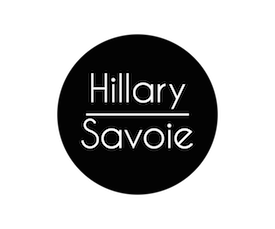I recently read this article in the New York Times Opinion Pages about Living without Irony. And I have to say I have been unable to stop thinking about it.
I have had a rather low tolerance for living ironically for awhile. I think at first it was because I just couldn’t keep up, you know? I just couldn’t understand that line between a thing being what it was (for instance, a trucker hat) and being a repurposed cultural statement for a twenty-something. The self-consciousness of it all really made me feel dizzy and oh so incapable of identifying “cool.”
On another level, the thing that always troubled me about this breed of cool was the uncomfortable blend of reverence for and simultaneous mocking of people…people like those that I grew up with in rural New York, some whom were my friends, and neighbors, and colleagues, and family…who wore trucker hats as unironically as one can. This type of symbol appropriation flattens real, complex, and interesting people…people I know.
However, as the author of the article pointed out, you don’t have to be a mustache sporting, home-brewing, Beiber-loving hipster to be affected by ironic living. My generation and the one that follows are steeped in the kind of insecurity that makes irony the only option in so many instances. As my darling husband says, it’s hard to be wrong when your choices are so blurry, so hard to pin down, and so able to just be a joke.
Admittedly I have not been untouched by ironic living. I have often found it difficult to just embrace and enjoy some of the things that I honestly just like. My enjoyment of Twilight, for instance, is completely unironic, but I will roll my eyes when I mention watching it as if to encourage the notion that I am some kind of ethnographer observing artifacts of popular culture for posterity. I also find it difficult admit that I don’t enjoy the things I am “supposed” to like. I don’t enjoy brussles sprouts any more because they were locally raised by some dude who slept next to them to keep them safe from insects rather than use pesticides. Nope, still hate them. But I’ll nod and choke them down.
And I was suspicious of faith. I could not understand how someone could believe in something they could not see, test, or measure. I’d like to say I just didn’t understand, but, in truth, there was some condescension. I could not image that much faith was sincere.
So for me, I suppose the enemy of sincerity has not been irony so much as cynicism and a lack of faith.
But in the last years my experience with Ezzy has set a new sincerity at the center of my life. I have noticed the people in my life who are there, who truly care. I have made friends with people that I have very little in common with–race, religion, age, socio-economic status, political orientation–other than the bond we share in protecting our vulnerable children from their bodies and the world. I have found people from my past who have no reason to care about our situation, but who do…some of these same people I had dismissed in the past for any number of reasons, but they have taken the time to say a few kind words, to notice, to find ways–little or big–to help.
And I have found so much comfort in the faith of others…and although am still skeptical of the goals of organized religion, I now believe in the sincerity of most people of faith.
I still do not have a religious belief system, per se, but Esmé has taught me what it means to believe in something that you cannot prove: As I have had faith, despite all odds, that she would pull through the impossible, that she would thrive despite her challenges, that she would show us in her own way her humor, her intelligence, her love, her curiosity. I have also had faith in my own strength, the strength of my marriage, the strength of those I truly love and rely on.
All of this faith has been affirmed. It cannot be quantified, but I know my faith is well-placed…I don’t know the path it will lead me on, but I trust it. I trust in the journey, sincerely.

